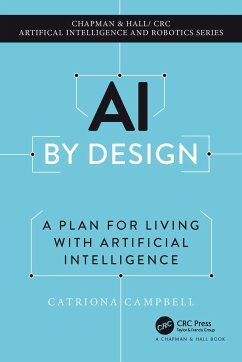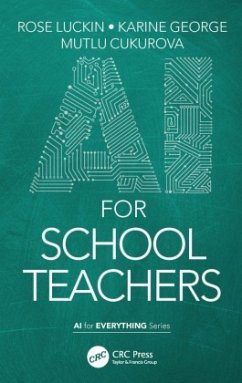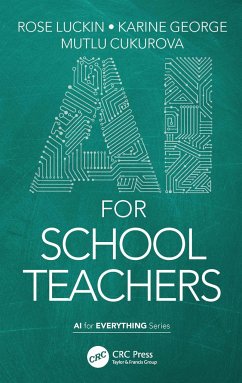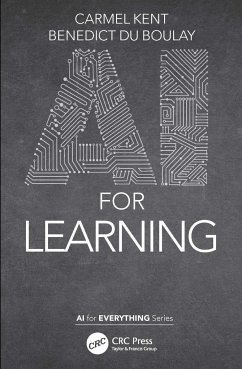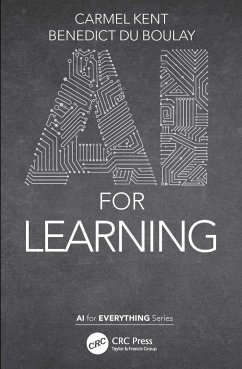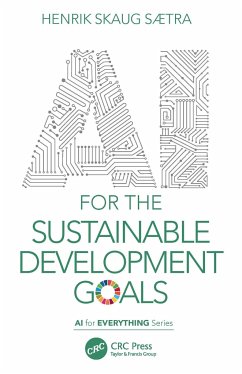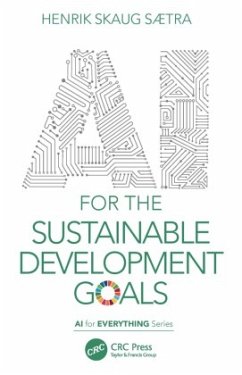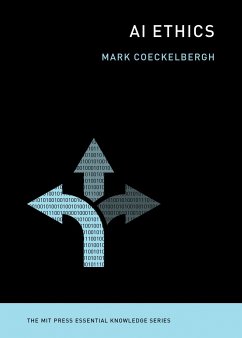
AI by Design
A Plan for Living with Artificial Intelligence
Versandkostenfrei!
Versandfertig in 6-10 Tagen
59,99 €
inkl. MwSt.
Weitere Ausgaben:

PAYBACK Punkte
30 °P sammeln!
This book introduces the reader to Artificial Intelligence and its importance to our future. Campbell uses behavioural psychology, explores technology, economics, real-life and historical examples to predict five future scenarios with AI. Illustrating through speculative fiction, she describes possible futures after AI exceeds human capabilities. We are at a tipping point in history and must plan to ensure a successful co-existence with artificial intelligence. This book explains how to design for a future with AI so that, rather than herald our downfall, it helps us achieve a new renaissance.
This book introduces the reader to Artificial Intelligence and its importance to our future. Campbell uses behavioural psychology, explores technology, economics, real-life and historical examples to predict five future scenarios with AI. Illustrating through speculative fiction, she describes possible futures after AI exceeds human capabilities. We are at a tipping point in history and must plan to ensure a successful co-existence with artificial intelligence. This book explains how to design for a future with AI so that, rather than herald our downfall, it helps us achieve a new renaissance.




